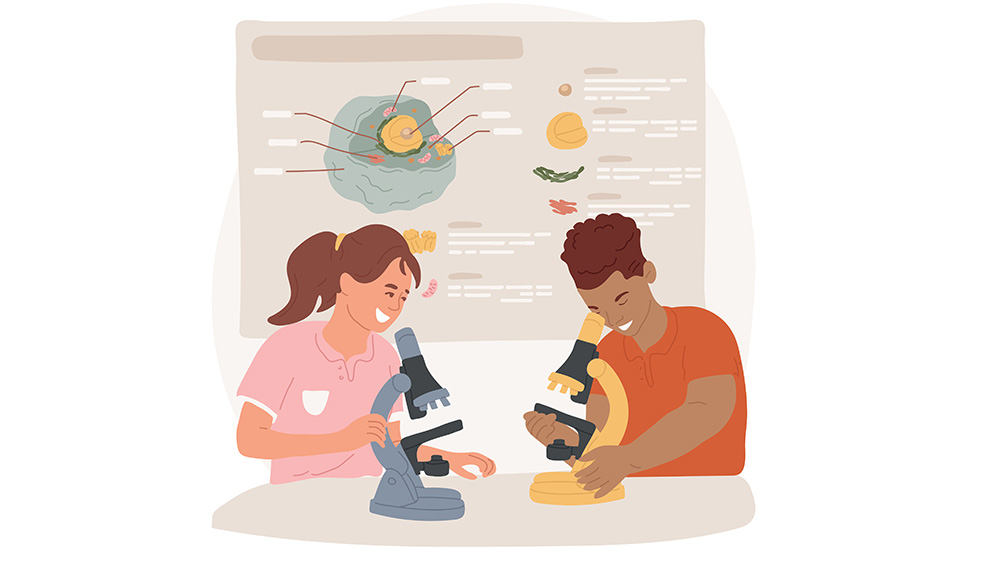




 10/29/2023
10/29/2023
The demanding topic of biology for the International General Certificate of Secondary Education (IGCSE) calls for a solid foundation in biological ideas as well as critical thinking and problem-solving abilities. Students who want to excel in IGCSE Biology frequently look for extra help and resources, and the IB Global Academy (IBGA) is a useful resource for this. We will look at how IBGA can help students get ready for the IGCSE Biology in this blog article.
Why Take Biology at the AS and A Level at Cambridge International?
The abilities learned at the Cambridge IGCSE (or comparable) level are expanded upon in the Cambridge International AS & A Level IGCSE course. The course covers the primary theoretical ideas that are essential to the field and some contemporary biological applications, focusing on advanced skills in practice. A scheduled practical exam is used to evaluate practical skills.
Throughout, the focus is on knowledge acquisition as well as concept understanding and the use of biology concepts in new circumstances. The programme fosters critical thinking and problem-solving abilities that are applicable to any future professional route. For students who wish to pursue a career in science or study biology or a wide range of related courses at university, Cambridge International AS & A Level Biology is a great choice.
Previous prerequisites and study hours
It takes roughly 180 hours of study for Cambridge International AS Level Biology and 360 hours for Cambridge International A-Level Biology. Please use these numbers as a guide only. The number of hours required could change based on how much experience you have with the topic.
It is advised that students starting this course have already finished a Biology GCSE course offered by Cambridge International.
Biology at the IGCSE or its equivalent must be graded B/6 or better before beginning Cambridge International AS & Advanced Level Biology. Additionally, all A-Level students must have completed IGCSE english language at Grade C/4 or above, or its equivalent.
Which IGCSE Biology modules are the most important ones?
Gaining an understanding of the fundamentals of Biology at the IGCSE level is necessary for successful academic advancement.
The IGCSE Biology curriculum is divided into several modules, which include: